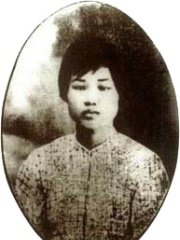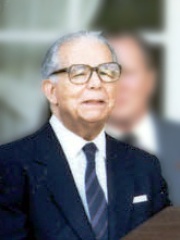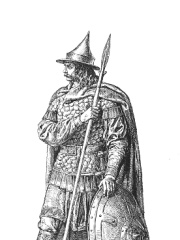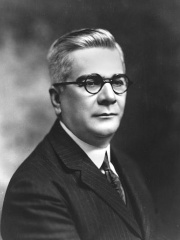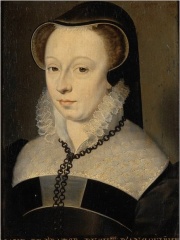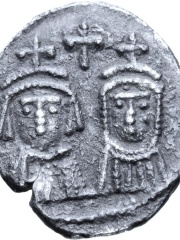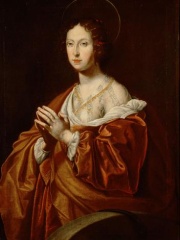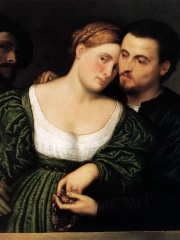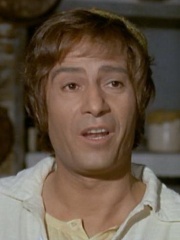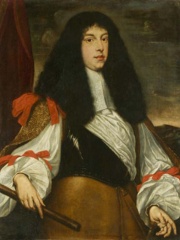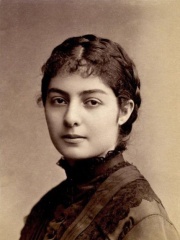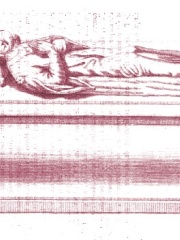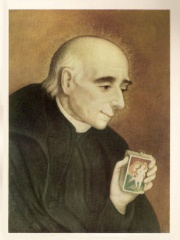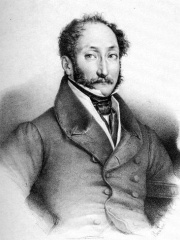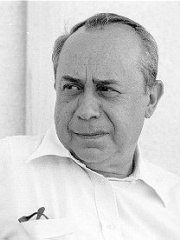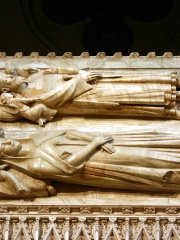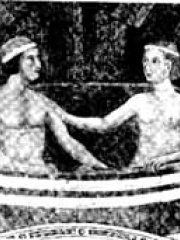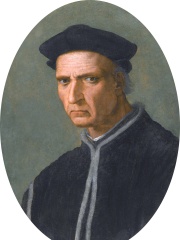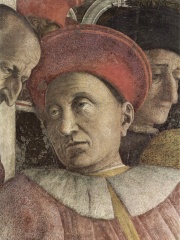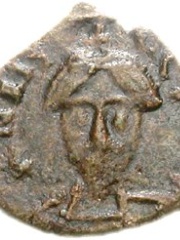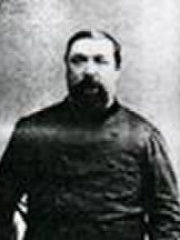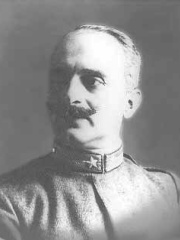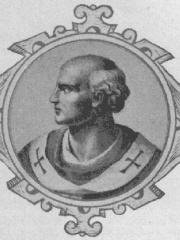Politician
Porcius Festus
EN.WIKIPEDIA PAGE VIEWS (PV)
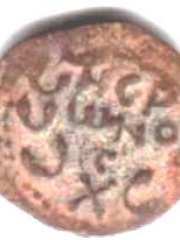
 Porcius Festus
Porcius Festus
His biography is available in 22 different languages on Wikipedia. Porcius Festus is the 6,275th most popular politician (up from 11,203rd in 2024), the 1,671st most popular biography from Italy (up from 2,827th in 2019) and the 410th most popular Italian Politician.
Memorability Metrics
Page views of Porcius Festus by language
Among Politicians
Among politicians, Porcius Festus ranks 6,275 out of 19,576. Before him are Yang Kaihui, Theudoald, Louise of France, William V, Duke of Aquitaine, Gondioc, and Joaquín Balaguer. After him are Lestek, Gerardo Machado, Diane de France, Glafcos Clerides, Martina, and Salome I.
Most Popular Politicians in Wikipedia
Go to all RankingsYang Kaihui
1901 - 1930
HPI: 64.99
Rank: 6,271
Theudoald
708 - 741
HPI: 64.98
Rank: 6,272
Louise of France
1737 - 1787
HPI: 64.98
Rank: 6,273
William V, Duke of Aquitaine
969 - 1030
HPI: 64.98
Rank: 6,274
Gondioc
450 - 473
HPI: 64.98
Rank: 6,275
Joaquín Balaguer
1906 - 2002
HPI: 64.98
Rank: 6,276
Porcius Festus
HPI: 64.98
Rank: 6,277
Lestek
870 - 930
HPI: 64.97
Rank: 6,278
Gerardo Machado
1871 - 1939
HPI: 64.97
Rank: 6,279
Diane de France
1538 - 1619
HPI: 64.97
Rank: 6,280
Glafcos Clerides
1919 - 2013
HPI: 64.97
Rank: 6,281
Martina
598 - 641
HPI: 64.97
Rank: 6,282
Salome I
65 BC - 10
HPI: 64.97
Rank: 6,283
In Italy
Among people born in Italy, Porcius Festus ranks 1,671 out of NaN. Before him are Claudia de' Medici (1604), Paris Bordone (1500), Nino Manfredi (1921), Alfonso IV d'Este, Duke of Modena (1634), Natalie of Serbia (1859), and Humbert III, Count of Savoy (1136). After him are Vincent Pallotti (1795), Felice Romani (1788), Leonardo Sciascia (1921), Alfredo Binda (1902), Franco Battiato (1945), and Eleanor of Sicily (1325).
Others born in Italy
Go to all RankingsClaudia de' Medici
POLITICIAN
1604 - 1648
HPI: 65.00
Rank: 1,665
Paris Bordone
PAINTER
1500 - 1570
HPI: 65.00
Rank: 1,666
Nino Manfredi
ACTOR
1921 - 2004
HPI: 65.00
Rank: 1,667
Alfonso IV d'Este, Duke of Modena
POLITICIAN
1634 - 1662
HPI: 64.99
Rank: 1,668
Natalie of Serbia
COMPANION
1859 - 1941
HPI: 64.99
Rank: 1,669
Humbert III, Count of Savoy
NOBLEMAN
1136 - 1189
HPI: 64.99
Rank: 1,670
Porcius Festus
POLITICIAN
HPI: 64.98
Rank: 1,671
Vincent Pallotti
RELIGIOUS FIGURE
1795 - 1850
HPI: 64.97
Rank: 1,672
Felice Romani
WRITER
1788 - 1865
HPI: 64.97
Rank: 1,673
Leonardo Sciascia
POLITICIAN
1921 - 1989
HPI: 64.95
Rank: 1,674
Alfredo Binda
CYCLIST
1902 - 1986
HPI: 64.95
Rank: 1,675
Franco Battiato
MUSICIAN
1945 - 2021
HPI: 64.95
Rank: 1,676
Eleanor of Sicily
COMPANION
1325 - 1375
HPI: 64.95
Rank: 1,677
Among Politicians In Italy
Among politicians born in Italy, Porcius Festus ranks 410. Before him are Theodora (900), Piero Soderini (1450), Ansprand (657), Theophylact I, Count of Tusculum (860), Claudia de' Medici (1604), and Alfonso IV d'Este, Duke of Modena (1634). After him are Leonardo Sciascia (1921), Ludovico III Gonzaga, Marquis of Mantua (1412), Aistulf (null), Pierre Napoléon Bonaparte (1815), Giulio Douhet (1869), and Antipope Benedict X (1048).
Theodora
900 - 916
HPI: 65.16
Rank: 404
Piero Soderini
1450 - 1522
HPI: 65.14
Rank: 405
Ansprand
657 - 712
HPI: 65.09
Rank: 406
Theophylact I, Count of Tusculum
860 - 920
HPI: 65.02
Rank: 407
Claudia de' Medici
1604 - 1648
HPI: 65.00
Rank: 408
Alfonso IV d'Este, Duke of Modena
1634 - 1662
HPI: 64.99
Rank: 409
Porcius Festus
HPI: 64.98
Rank: 410
Leonardo Sciascia
1921 - 1989
HPI: 64.95
Rank: 411
Ludovico III Gonzaga, Marquis of Mantua
1412 - 1478
HPI: 64.92
Rank: 412
Aistulf
HPI: 64.90
Rank: 413
Pierre Napoléon Bonaparte
1815 - 1881
HPI: 64.89
Rank: 414
Giulio Douhet
1869 - 1930
HPI: 64.86
Rank: 415
Antipope Benedict X
1048 - 1074
HPI: 64.84
Rank: 416
